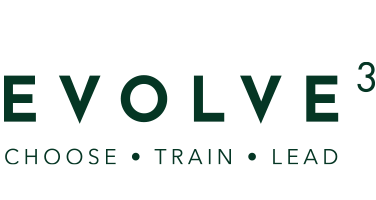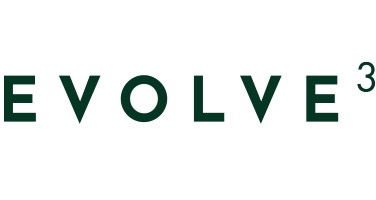
20 May What’s the most effective form of power?
Your own power is derived from a combination of personal leadership qualities and the way others perceive you. Effective leaders have great capacity to influence others. However, having power doesn’t necessarily equate to having influence. The most powerful leaders support and uplift their team members instead of dominating and controlling them. With clarity and self-discipline they lead by example.
By demonstrating disciplined behaviour, you can encourage and inspire your team members to do the same. When people are self-disciplined, they require less micro-management. This, in turn, increases the leader’s power, creating a positive cycle of trust, respect and self-management.
Some types of power may oblige your team to comply with your demands but will fail to win their support. Nonetheless, these types of power can sometimes be useful in situations that require disciplining a team member.
Other types of power are more influential. They help you gain the support and commitment of your team, leading to better outcomes for your business.
Understanding the different types of power will help you identify which ones are most likely to get positive results. You will also know which types of power to avoid relying on too heavily.
A great leader knows how to draw on different types of power depending on the situation. So, let’s look at each power base in more detail.
The 5 types of power
- Power of position
This is a type of formal power that you receive when you occupy a certain position in a group. Depending on the position, it gives you authority within that group. It also lasts as long as you remain in that role.
The power of position is only maintained by demonstrating you have the skills required for the role. Because this type of power is given, it can also be taken away. Effective leaders don’t depend solely on this form of power. Instead, they use it in combination with others.
- Reward Power
Reward power means having the capacity to offer rewards or benefits in exchange for carrying out a task or achieving a result. Rewards usually come in the form of raises, benefits, promotions, or public praise. However, this type of power is not always effective.
The reward must be relevant and tangible enough to motivate employees. It should also be something that’s within your power to give. This type of power may help achieve results, but it doesn’t necessarily ensure the support or commitment of your team.
- Expert power
Expert power comes from having both deep technical knowledge and extensive experience in your field. When you’re the expert in your field, people in your company naturally come to you to seek your knowledge. The expertise gives you credibility, and people trust and respect your opinions.
Expert power gives you the ability to influence people across all levels of your organisation. This enables you to steer the growth and development of both individuals and the company. Caution: A true expert knows they must continue developing their knowledge and skills to maintain credibility.
- Coercive power
Coercive power is commonly used in many workplaces, yet it is also the least effective. It involves using threats to force people to act a certain way. They might not agree with what they have to do, but they do it out of fear of repercussions such as being disciplined or losing their jobs.
Although it may work in the short-term, coercive power creates unhappy, disengaged employees and is best avoided. It can also cause unnecessary staff turnover, not to mention reputational damage, which can make future recruitment efforts more difficult.
- Referent Power
This is the type of power that gives a leader the greatest influence. Leaders get referent power through qualities that inspire trust and respect in their colleagues. These include honesty and integrity.
A person who holds referent power has excellent interpersonal skills and exudes confidence. They listen to their colleagues and offer help and support. This type of power is internal rather than external. It is a personal power that cannot be handed to you by someone else. As your referent power grows, so too will your capacity to influence your colleagues.
The takeaway
Think about the most effective leaders you’ve encountered in your career. Which type of power did they use most often?
The most effective leaders are those with a high level of self-discipline and an understanding of the value of positive relationships. They are perceived by the team as the ‘coach’, not the ‘cop’. They show trust and respect for others with accurate and disciplined communication. When trust and respect are given by a leader, they are reciprocated by the team. This is the foundation of referent power and leading by positive influence.
If you are a manager or team leader who wants to learn more about positive influence and leadership communication, consider the Evolve3 How to Lead workshop.



